If you have health anxiety, you know it can feel like a constant, exhausting loop of worry.
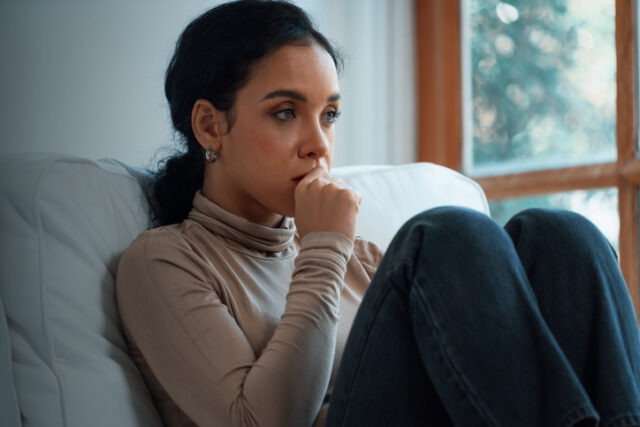
You think every minor ache or pain is a sign of serious illness, and the non-stop barrage of thoughts that you’re going to die a horrible death imminently become overwhelming. If you struggle with intense stress about your health, you’ll relate to these experiences all too well. However, it’s important to note you don’t have to suffer in silence, nor should you. If you’re truly struggling, reach out to your GP or a mental health professional to talk about how you’re feeling.
1. You constantly Google your symptoms.
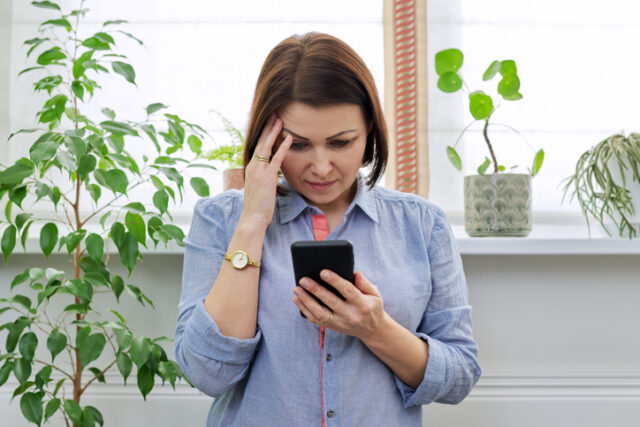
A slight headache? A weird rash? You’re on Google faster than you can say “WebMD.” Unfortunately, every search seems to lead to the worst-case scenario, which only ramps up your anxiety. What starts as curiosity often ends in panic.
2. You frequently check your body for signs of illness.
 Source: Unsplash
Source: Unsplash You might find yourself scanning for lumps, checking your pulse, or examining your skin multiple times a day. Even the smallest change can feel like a red flag. The constant self-monitoring can make it hard to relax and trust your body.
3. You feel a rush of panic over small aches and pains.
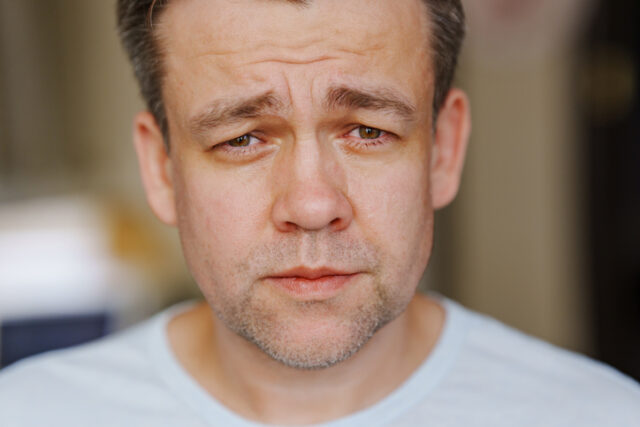
Most people shrug off minor discomforts, but for you, a random ache might feel like a harbinger of doom. That twinge in your side or tightness in your chest can trigger a wave of panic, making it hard to focus on anything else.
4. You need reassurance from other people all the time that you’re okay.

Whether it’s asking friends, family, or doctors, you crave reassurance that you’re okay. You might feel calm for a moment after hearing, “It’s nothing serious,” but the relief is short-lived. Before long, the anxiety creeps back in, and the cycle repeats.
5. You avoid health-related news.
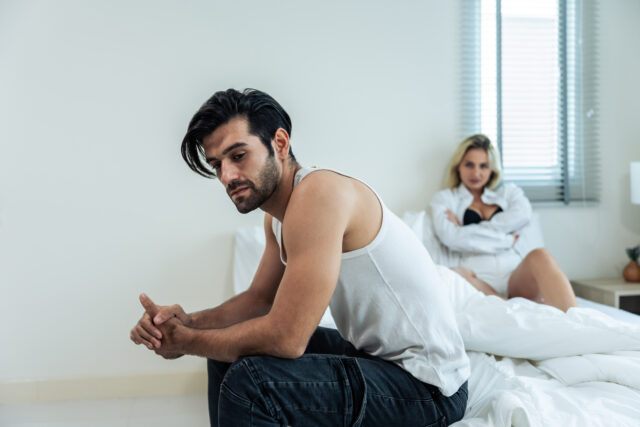
News stories about illnesses or health scares can send your anxiety spiralling. You might avoid articles, headlines, or TV segments that mention diseases because they trigger a fresh wave of worry. Ignorance feels safer than information overload.
6. You have trouble trusting doctors’ opinions.
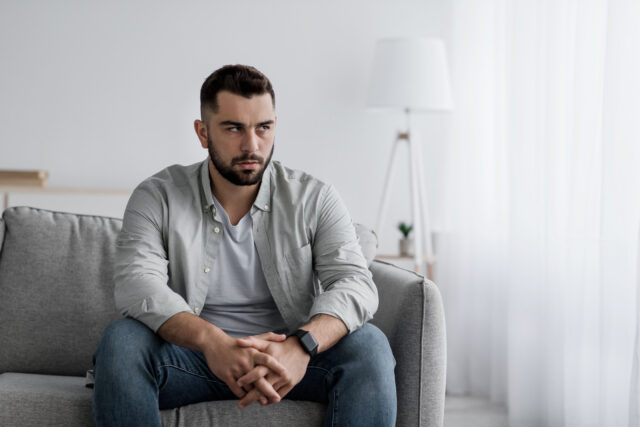
Even after getting a clean bill of health, a nagging voice tells you the doctor missed something. You might second-guess their diagnosis or pursue second, third, or even fourth opinions. It feels impossible to shake the doubt, even when experts reassure you.
7. You overthink past illnesses.

That cold you had six months ago? You’re still thinking about it. You might wonder if it was something more serious or fear it could happen again. Past health scares can haunt you, making it hard to move forward with peace of mind.
8. You avoid certain places or activities.

Hospitals, doctor’s offices, or even gyms can feel like danger zones. You might avoid these places out of fear that you’ll get sick or discover a health issue. Even activities that most people enjoy, like travelling, can feel risky and stressful.
9. You experience physical symptoms of anxiety.

Health anxiety doesn’t just live in your mind—it shows up in your body, too. Racing heart, sweating, dizziness, or shortness of breath can all be symptoms of anxiety itself. Ironically, these physical sensations can make you worry even more.
10. You struggle to focus on anything else.

Health worries can take up so much mental space that it’s hard to concentrate on work, relationships, or hobbies. Your mind keeps drifting back to your symptoms or worst-case scenarios, making it difficult to stay present and enjoy life.
11. You feel exhausted from constant worrying.

The mental and emotional toll of health anxiety is draining. Constantly being on high alert and worrying about your well-being can leave you feeling physically exhausted. It’s like your brain never switches off, even when you desperately need a break.
12. You avoid medical appointments.

Even though you’re worried about your health, the fear of bad news can make you avoid check-ups or tests. The thought of going to the doctor or waiting for results can be paralysing. You’d rather live in uncertainty than risk confirmation of your worst fears.
13. You catastrophise every potential illness.
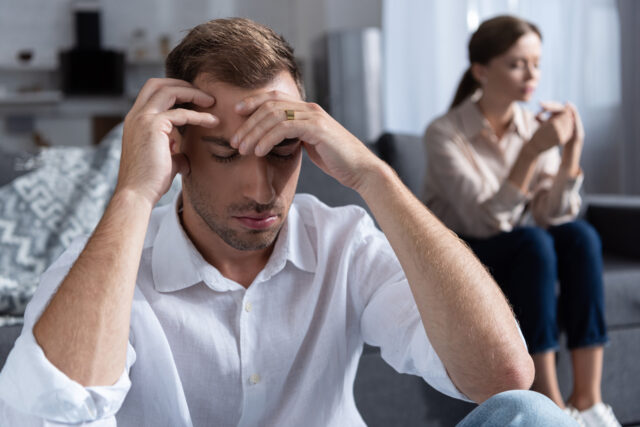
A mild cough doesn’t mean you have a cold—it means you’re convinced you have a serious lung issue. Health anxiety often takes minor symptoms and blows them out of proportion. Your mind jumps straight to the worst-case scenario, no matter how unlikely it is.
14. You feel isolated in your fears.

Health anxiety can feel incredibly lonely. You might worry that other people don’t understand or that they’re tired of reassuring you. That deep-rooted sense of isolation can make your anxiety feel even heavier, even though many people share the same struggles.




